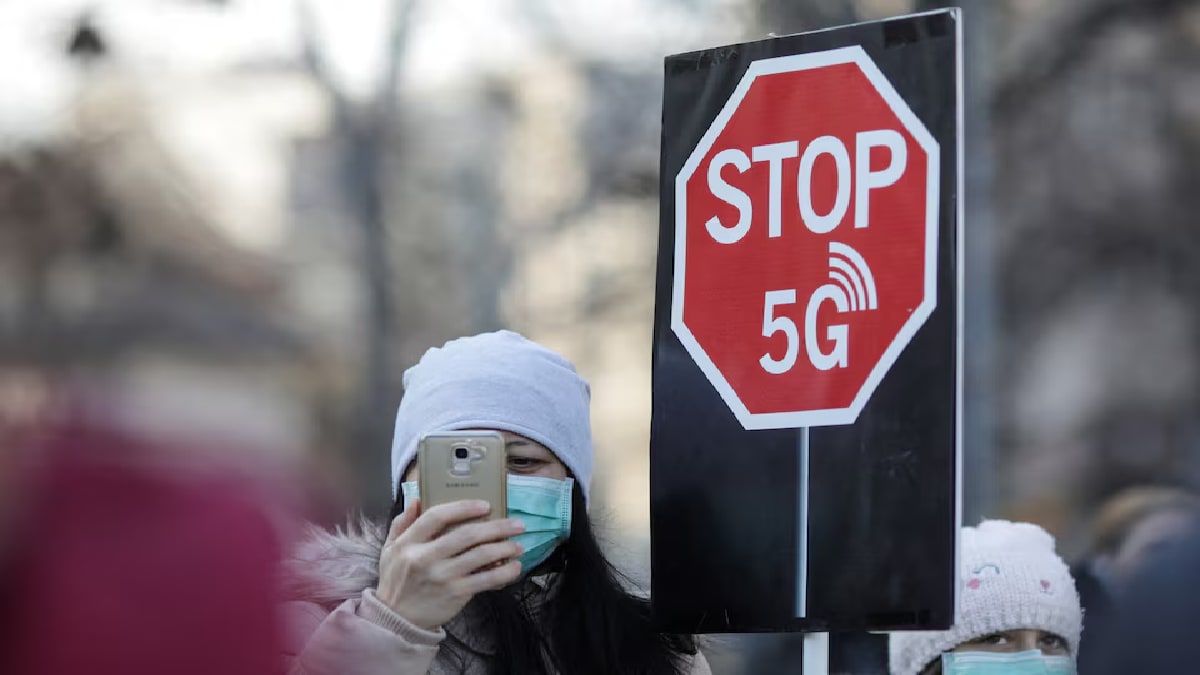Can Smartphones Cause Brain Cancer?
The topic of smartphone use and its potential effects on health, particularly concerning brain cancer, has sparked considerable debate and concern among users. Many people have heard the warnings that the radiation emitted from smartphones might adversely affect human health, particularly brain function, during phone calls. However, recent comprehensive research offers a clearer perspective on this issue.
Research Findings from the WHO
According to the World Health Organization (WHO), extensive studies have concluded that smartphone usage does not contribute to brain cancer. The WHO revisited 63 significant studies conducted between 1994 and 2022, compiling data to derive substantial insights. Their findings indicate no credible evidence linking smartphone radiation to an increased risk of brain cancer. This includes an analysis of various types of cancers, such as brain cancer, leukemia, and other health concerns associated with mobile phone usage.
The Nature of Smartphone Radiation
Smartphones emit what is known as radiofrequency (RF) radiation. This type of radiation is not exclusive to mobile phones but is also found in other common devices, including smart TVs and baby monitors. The lack of a substantial increase in brain cancer cases over the decades correlates with the rise in mobile phone adoption, suggesting that RF radiation is likely not a significant risk factor for brain cancer.
Implications for Smartphone Users
While the WHO’s findings may come as a relief to many smartphone users, it is essential to recognize that smartphones can still carry other health risks. The agency emphasizes the need for ongoing research to better understand any potential health risks associated with RF radiation. Currently, the International Agency for Research on Cancer (IARC) classifies mobile phone radiation as Group 2B, which means it is possibly carcinogenic. This classification highlights that, while not conclusively proven, there may be some risk factors involved that need further investigation.
Future Research Directions
As smartphones and other wireless devices continue to proliferate globally, further studies are warranted to investigate their long-term health effects. Researchers urge the scientific community to continue exploring the impact of RF radiation on various aspects of health to provide clearer guidelines and safety standards for users.
In summary, while current research suggests that smartphones do not cause brain cancer, the full spectrum of their potential health impacts is yet to be fully understood. Continuous research is crucial in determining any long-term effects of mobile phone usage on overall health.












